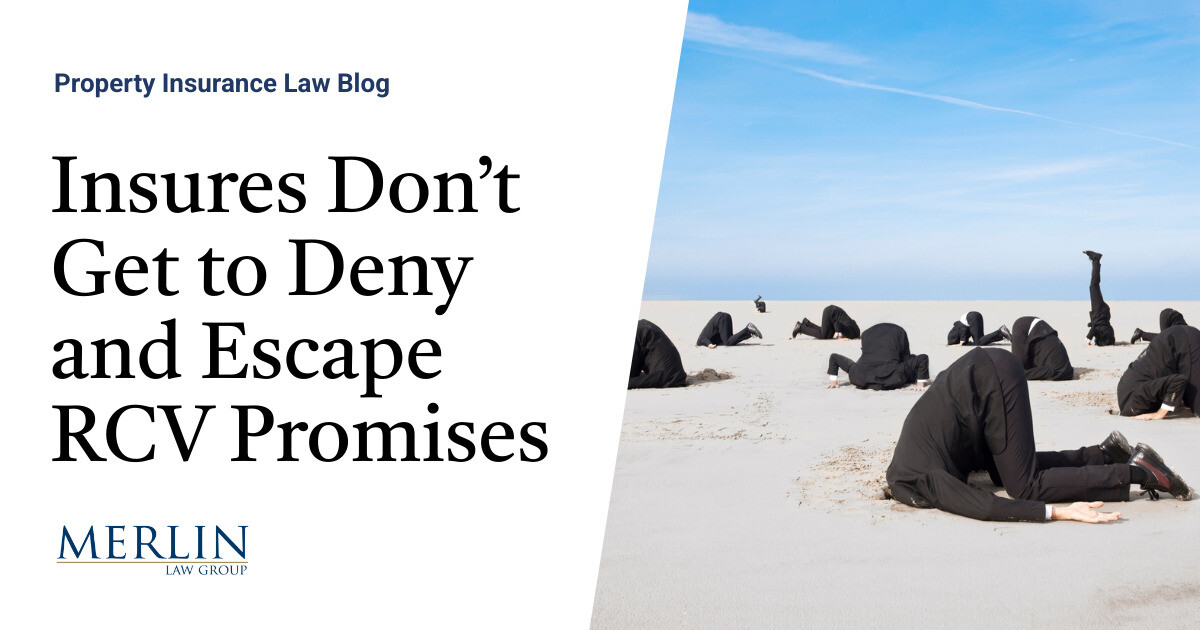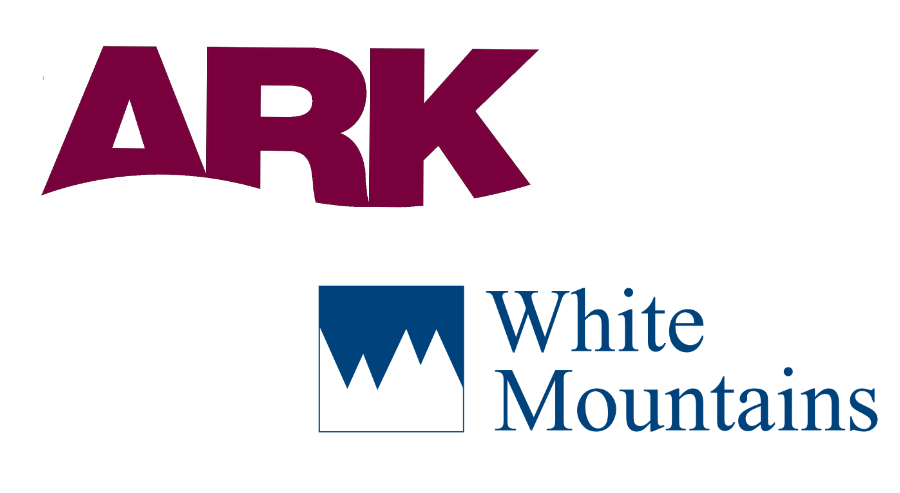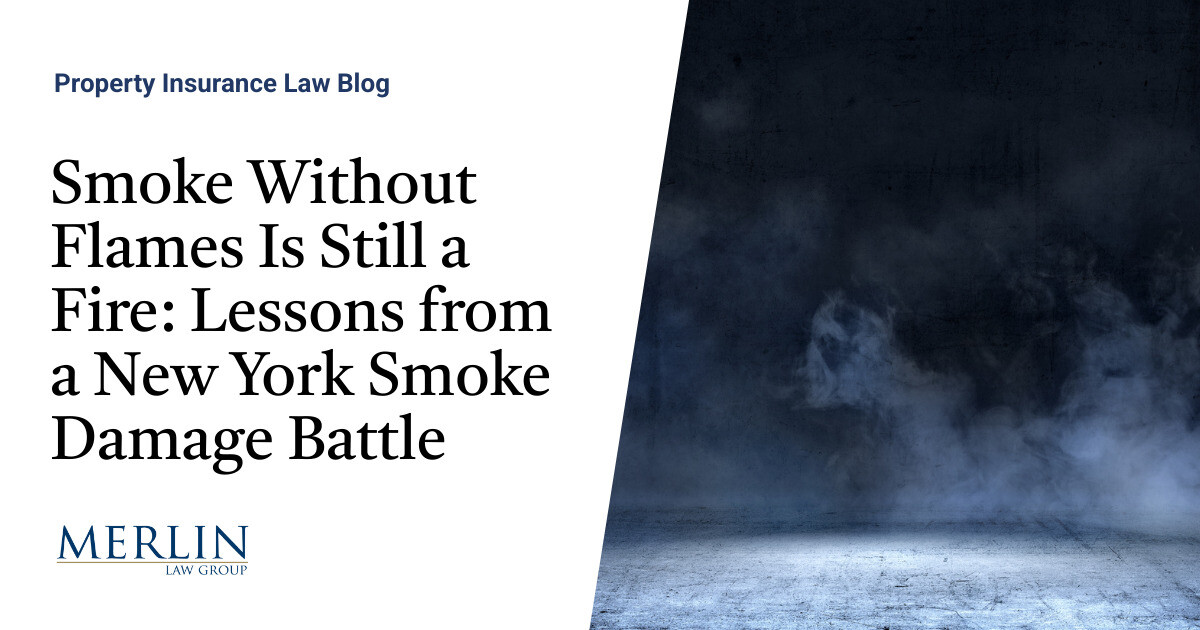
It’s commonly understood among consumers that age, health condition, and the health history of your family are important factors in determining the approval of life insurance and the premium you’ll pay.But, a less obvious factor is your occupation.Some occupations are statistically more dangerous than others, and therefore more likely to result in death.
For that reason, there are special conditions involved in getting life insurance for high-risk occupations.The life insurance industry considers any occupation to be high risk if it involves an above average possibility of death in performing your duties.Statistically speaking, the chance of dying on the job may be extremely low.
But, from an insurance standpoint, all that matters is that the likelihood is higher than in safer occupations, like office jobs.What are the highest-risk occupations for insurance purposes? It varies somewhat from one life insurance company to another, but there are a group of occupations that are generally acknowledged to be more dangerous than average.According to the Bureau of Labor Statistics the 10 most hazardous occupations are as follows: However, that’s not a complete list of occupations deemed hazardous by the life insurance industry.
Other occupations likely to fall into the “special handling category” include: police firefighters trash collectors power line workers and installers and virtually anyone who spends a significant amount of their workday on the road It would be extremely rare for someone to be denied life insurance coverage strictly because of their occupation.There may be certain exceptions; astronauts come to mind, for example.But, as long as you are otherwise qualified for coverage, you’ll almost certainly get a policy.
However, that doesn’t mean your occupation is irrelevant in your policy approval.In evaluating any applicant for life insurance coverage, the underwriter looks at a combination of risk factors.Those will include your health condition, the health history of your immediate family, your age, personal habits (like smoking or excessive alcohol consumption), your driving record, your credit history, and even your hobbies, in addition to your occupation.
With that in mind, let’s look at two scenarios: Scenario #1: You’re in excellent health.There’s no history of serious illness — cancer, heart disease, kidney disease, etc.— in your extended family.
You’re 35 years old.You don’t use tobacco, and you don’t drink excessively.You have a clean driving record.
There are no high-risk hobbies, like skiing, skydiving, or scuba diving that you engage in on a regular basis.You have good credit.You’re a firefighter.
Since everything else in your insurance profile is low risk, you’ll be approved for coverage even though you’re a firefighter, which is universally recognized as a high-risk occupation.The only difference is that you will be charged a somewhat higher premium because of that occupation and the risk that it involves.Scenario #2: You’re in average health, but you are obese, have hypertension, and had a bout with cancer two a half years ago.
Your father died of cancer at age 55, but your mom has survived two bouts with the disease.You’re 55 years old.Though you don’t drink excessively, you are a regular smoker.
You’ve had two moving violations and an at-fault accident within the past three years.You participate in rock climbing on a regular basis.You have poor credit.
You’re a police officer.There’s an excellent chance your insurance application will be rejected.But it won’t be specifically because you’re a police officer, which in itself is considered a risk factor.
Instead, it will be a combination of too many risk factors, of which your occupation is only one.The exact process for evaluating the risk associated with any given occupation will be specific to the insurance company you’re applying with.They’ll certainly consider the overall risk your occupation presents.
For example, since logging is considered the most dangerous occupation, an individual employed in that field will be assigned the highest risk rating.A police officer, though it’s considered a high-risk occupation, will generally get more favorable consideration because it’s not as risky as logging.But, there also will be considerations specific to the job you do.
For example, if your job as a police officer is patrolling the streets, the risk will be greater than if you held a desk job at police headquarters.Other factors will also be evaluated, including your experience, rank, qualifications, special training, and any special assignments you may be on.There may also be adjustments based on the precinct you work in, as some may be considered higher-risk locations than others.
Rather than charging a specific premium range for high-risk occupations, life insurance companies instead add an extra flat rate to compensate for the risk caused by the occupation.For example, in addition to the regular premium you’ll pay for a standard insurance policy, you may be charged anywhere from $1 per $1,000 of coverage for an occupation that’s on the lower end of the risk scale, to $5 per $1,000 for one that’s at the higher end.Let’s say you’re a police officer, and you’re purchasing a 20-year term policy with a $250,000 death benefit, and a $300 per year premium.
The insurance company will then add a per-thousand flat rate to compensate for the risk posed by your occupation.If that flat rate is determined to be $2 per $1,000, you’ll pay an additional $500 per year (250 times $2).When added to your $300 base premium, your total annual premium will be $800.
The flat rate may be adjusted if you move from, say, a street patrol position to a desk job, or once you retire from the police force.If you work in a high-risk occupation, you are already starting with one significant risk factor that will affect your premium.There’s not much you can do to change that risk factor, other than changing into a low-risk career.
Since that’s not practical, we’ll take a look at other areas of your risk profile.There’s also nothing you can do about your age or your family’s health history.But, there are certain risk factors you can control: Maintain a healthy lifestyle, including eating a proper diet and getting regular exercise.
Fortunately, these lifestyle habits tend to go hand-in-hand with high-risk occupations.If you’re overweight or obese, lose weight before applying for a policy.However, be aware that if recent records show your previous weight, you may need to maintain a lower weight level for two years or more before the insurance company will consider you to be normal weight.
Don’t smoke, and if you do, join a smoking cessation program.Like losing weight, you generally need to demonstrate you’ve been smoke-free for at least two years to get a better premium rate.Keep your credit history clean by paying all bills on time.
Insurance companies don’t look at your FICO Score like lenders do, but they do look at credit activity, like bankruptcies, foreclosures, tax liens, and patterns of late payments or past-due balances.Poor credit has been associated with a higher-risk lifestyle.Keep your driving record clean, by avoiding moving violations and at-fault accidents.
And, whatever you do, don’t drink and drive.A DUI/DWI conviction can be a game-changer with life insurance.The basic idea is to control any risk factors you can.
You can’t do anything about your occupation, so you should be proactive in keeping yourself application-ready.Do you know those life insurance ads advertising what seems to be impossibly low premiums? They’re not impossible — if you are a low-risk applicant.But, if you have any significant risk factors at all, whether it has to do with the condition of your health, your family’s health history, or a high-risk occupation, you won’t get the advertised low premiums.
In fact, you may not even be approved! That’s because low-cost life insurance providers are low cost precisely because they only insure the lowest-risk applicants.If you work in a high-risk occupation, or have any significant risk factors at all, your best option will be to work with a licensed life insurance broker.And, that’s exactly what we are.
Unlike the low-cost providers, who typically sell a custom program for low-risk applicants from a single insurance company, we work with dozens of companies.That gives us the ability to get you a policy from companies that specialize in higher-risk applicants, and do so at the most favorable premiums.If you have any kind of risks in your insurance profile, your application will need special handling.
That’s what we do every day as insurance brokers.We not only find the best companies for your policy, but we handle all the details for you, and it will cost nothing extra for our services.If you’re employed in a high-risk occupation, we’re here to help you find the right insurance company that will accommodate your career as well as charge the most reasonable premium.
We work with dozens of companies, and know in advance which will work best for you.Police Firefighters Trash collectors Power line workers and installers Virtually anyone who spends a significant amount of their workday on the road Loggers Fishermen Pilots Roofers Farmers/Ranchers Structural Iron and Steel Workers First-line supervisors of construction trades and extraction workers First-line supervisors of landscaping, lawn service, and groundskeeping workers *While we make every effort to keep our site updated, please be aware that "timely" information on this page, such as quote estimates, or pertinent details about companies, may only be accurate as of its last edit day.Huntley Wealth & Insurance Services and its representatives do not give legal or tax advice.
Please consult your own legal or tax adviser.
Publisher: Insurance Blog by Chris








